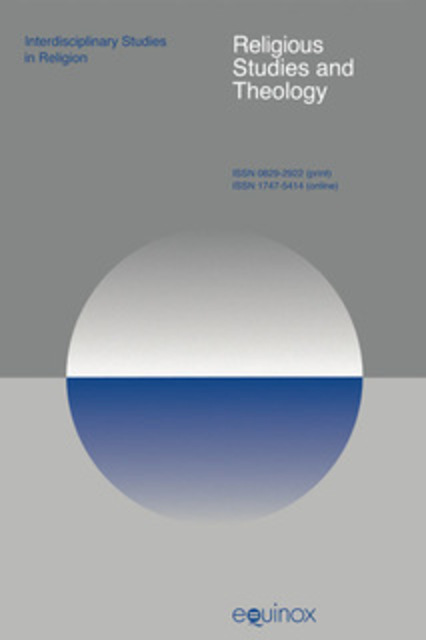Tabataba’i’s Theory of Natural Laws in Ethics: An Analytic and Critical Review

Full description
One of the most important issues in Islamic ethics is the origin of moral values. ‘Allāma Ṭabāṭabā’ī, a contemporary Shi’ite scholar, has provided a theory for the origin of moral values in terms of the human nature. We analytically explicate his view in five steps, and then evaluate the justifiability of the theory. Prima facie, it seems that his formulation of the ethical theory of natural laws faces objections, such as the following: (1) since it is based on “existential guidance” (al-hidāya al-takwīnīyya), which is a kind of non-volitional guidance, it fails to account for the human free will, (2) it falls short of explaining the “is-ought” problem – that of inferring values from facts (here, the human nature), (3) it is not compatible with some other views held by Ṭabāṭabā’ī, including the “principle of exploitation” (aṣl al-istikhdām), and (4) it is not in agreement with the Islamic method of following the right and avoiding natural desires. However, a closer look at his work reveals that he had already anticipated these objections and provided responses for most of them. Thus, his formulation of the theory of natural laws in ethics can be justified and defended
- typeImage
- created on
- file formatjpeg
- file size36 KB
- container titleReligious Studies and Theology
- creatorRahim Dehghan Simakani and Maryam Khoshdel Rohani
- issn1747-5414 (online)
- issue39.1
- publisherEquinox Publishing Ltd.
- publisher placeSheffield, United Kingdom
- rightsEquinox Publishing Ltd.
- volume
- doi
We use cookies to analyze our traffic. Please decide if you are willing to accept cookies from our website. You can change this setting anytime in Privacy Settings.
